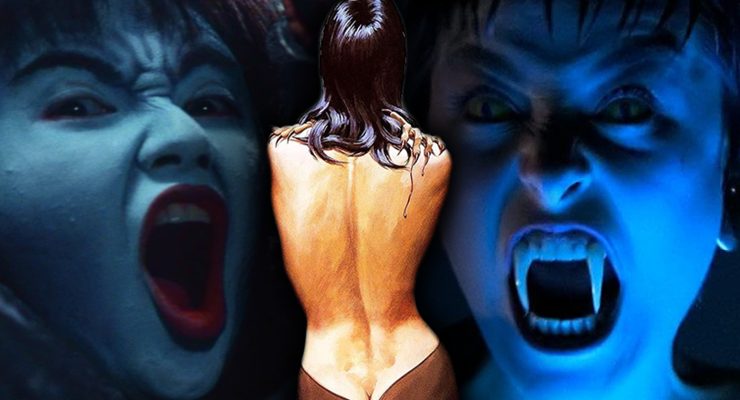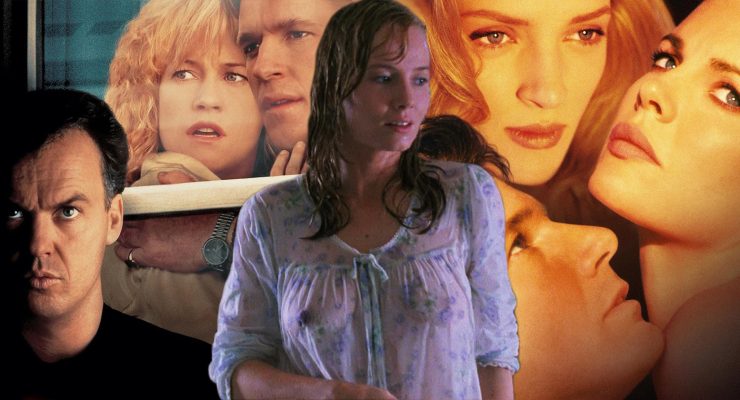Sam Carey on Interstellar and Christopher Nolan’s continued impact…
Modern cinema throws up few things you can depend on but Christopher Nolan is one of them. Released this week on DVD and Blu-ray is Interstellar, the director’s tenth feature. In celebration we look back at a few of his most important films and examine what helps the Englishman stand out from the Hollywood crowd.
Nolan’s breakout feature was Memento, based on brother and long-term writing partner Jonathan’s short story Memento Mori. Focused on Leonard, who suffers from short-term memory loss, as he hunts for his wife’s killer the film uses character as it’s base and also plays with narrative convention in telling its story backwards. These methods bring out the human side of Leonard’s struggles and frustrations drawing empathy from the audience, an emotional connection that has continued through the director’s work.
Ten years after Memento Nolan released Inception. Boasting a whopping $160 million budget the production was a million miles away from Memento, yet, shares striking similarities thanks to a dependence on character. Unlike filmmakers content with flimsy, ill-conceived stereotypes Nolan views characters as story carriers from which to build. His protagonists and antagonists are human and emotive making them relatable and at times sympathetic. This skewing of sides is prevalent in telling Inception’s story, as it is never certain who we should or shouldn’t be rooting for.
Nolan’s work also relies heavily on family, portrayed excellently in 2005’s Batman Begins. Cited as a re-imagining of the Batman story following 1997’s calamitous Batman and Robin, Batman Begins brought freshness and adult themes to a superhero genre then dripping with neon colours and sarcastic villains. Nolan’s villains, Ra’s Al Ghul and Scarecrow, were violent, conniving and more than a little scary, but central to the story, and indeed present through the duration of his Bat-trilogy, was the relationship between Alfred the butler and Bruce Wayne. No longer was Alfred a peripheral character, stood holding a tray in the background of scenes of importance, Nolan stood him front and centre as a Father figure to the orphaned Wayne. In doing this Nolan allowed his audience to see Wayne’s weaknesses and insecurities. The director realised the importance of making Bruce Wayne relatable in spite of his millions, something he achieved with flying colours.
With Interstellar Nolan has again pushed the boundaries of human emotion, creating a scientific journey into new worlds and wormholes that encases a story of love: The love for family, the love for a missing soul and the love for someone you may never see again. Absurdly huge in scale and scope and drawing inevitable, and lazy, comparisons to 2001: A Space Odyssey, Interstellar is actually a film of raw simplicity. Filmmakers often seek antagonists yet here there are none. Directors of all levels search deep inside for a reason to explode things but here the explosions matter because we care of the consequences. To quote Newton, Nolan’s films work in a world where ‘for every action, there is an equal and opposite reaction’. This has never been truer than with Interstellar.
The argument of who is the greatest filmmaker of all time will always be subjective, but if what you crave from the cinema are emotion, heart and a feeling of awe then it is impossible to ignore Christopher Nolan. The only question is; where will he take us next?
Sam Carey
https://www.youtube.com/watch?list=PL18yMRIfoszFLSgML6ddazw180SXMvMz5&feature=player_embedded&v=ONsp_bmDYXc










